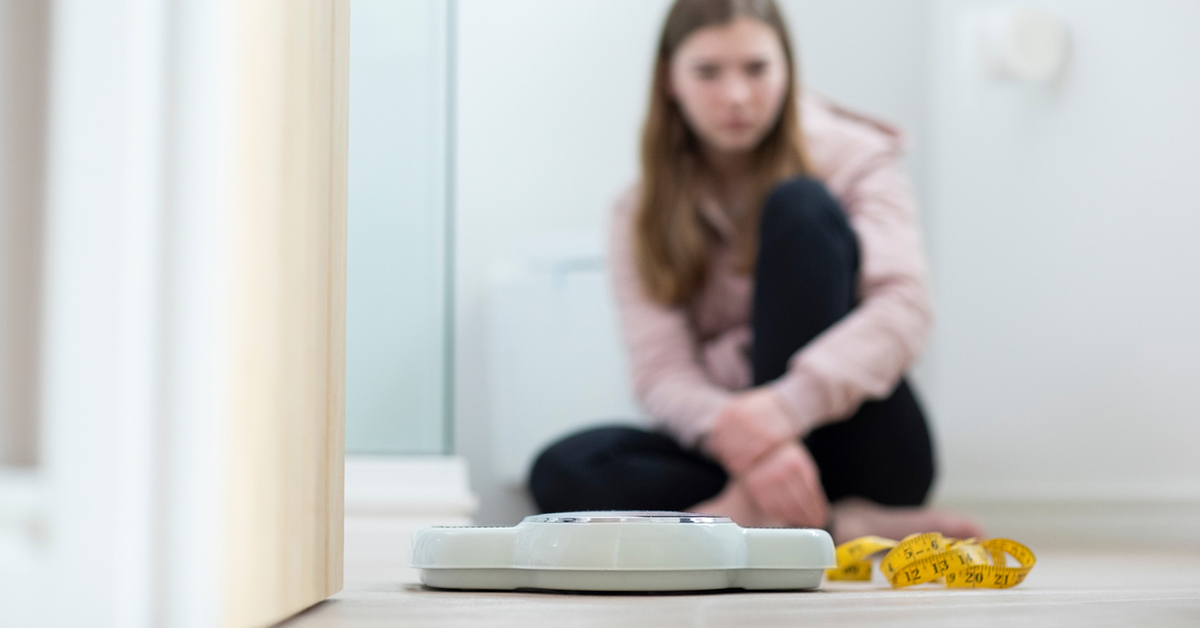When we experience the loss of someone or something we love, grief is the natural human response. Sometimes grief surprises us, and we find ourselves grieving the end of a relationship, loss of a job, the loss of safety after a trauma, a miscarriage, a loved one’s serious illness, or retirement.
There is not just one way to grieve and no timetable that’s right or wrong. Grief is complicated, and it can be a difficult and even scary experience. Recognizing the symptoms of grief can be helpful for those grieving and those around them. The ebb and flow of physical and emotional symptoms can be upsetting but is not uncommon.
Physical symptoms of grief
While most grief does not affect our physical health, the most intense grief, that of a partner or child’s death, can directly affect our physical health. Symptoms may include:
- Body aches – headaches, stomach pain, or joint pain
- Digestive issues – nausea or irritable bowel syndrome
- Weight and appetite changes
- Sleep problems – insomnia or oversleeping, fatigue, or loss of energy
- Weakened immune system
Emotional symptoms of grief
The emotional pain of grief is not expressed in sadness alone. Grief is complex and can include a wide range of emotional symptoms for many.
- Anxiety and panic attacks
- Depression and loneliness
- Memory lapses, inability to concentrate, and preoccupation
- Irritability
- Nightmares
- Numbness or detachment
- Anger or bitterness
Things to remember as you navigate loss
There is no secret formula for coping with grief; everyone experiences it in their own way. But being in touch with your emotions, taking care of yourself, and seeking support are the pillars of coping with grief.
- Acknowledge the pain you feel – to begin healing, you must acknowledge your loss and the pain you’re feeling. Be deliberate in your efforts to avoid suppressing your emotions. Isolation and avoidance can lead to anxiety and depression.
- Accept your feelings – remember that it’s OK not to be OK. You may be sad one moment and angry the next. That’s normal.
- Talk about your loss – lean on your family and friends to listen to you as you sort through your feelings and process your emotions.
- Express your creativity – talking is not the only way to express your feelings. Try journaling, writing a poem or song, or creating a scrapbook or photo album.
- Take care of your physical self – eating healthy foods, exercising, and getting plenty of sleep can help alleviate the physical toll grieving can have on your body. Embrace your existing self-care activities or try something new.
- Give yourself time – there’s no deadline. Give yourself permission to put your own well-being first, free from expectations or schedules.
- Be kind to yourself – treat yourself with the same compassion you would show others. Forgive yourself for things you may or may not have done or said.
- Get support – joining a support group allows you a safe place to share your experience with others who have also experienced loss.
- Seek one-on-one therapy – if you feel like getting “back to normal” is an impossibility, if your work or school life begins to suffer, or if you have symptoms of depression, consider talking to a therapist or grief counselor.
If you or someone you know is having a difficult time after a loss and may need professional help, please call Welia Health at 320.679.1313. Our mental health services are available at our Mora and Pine City campuses.














